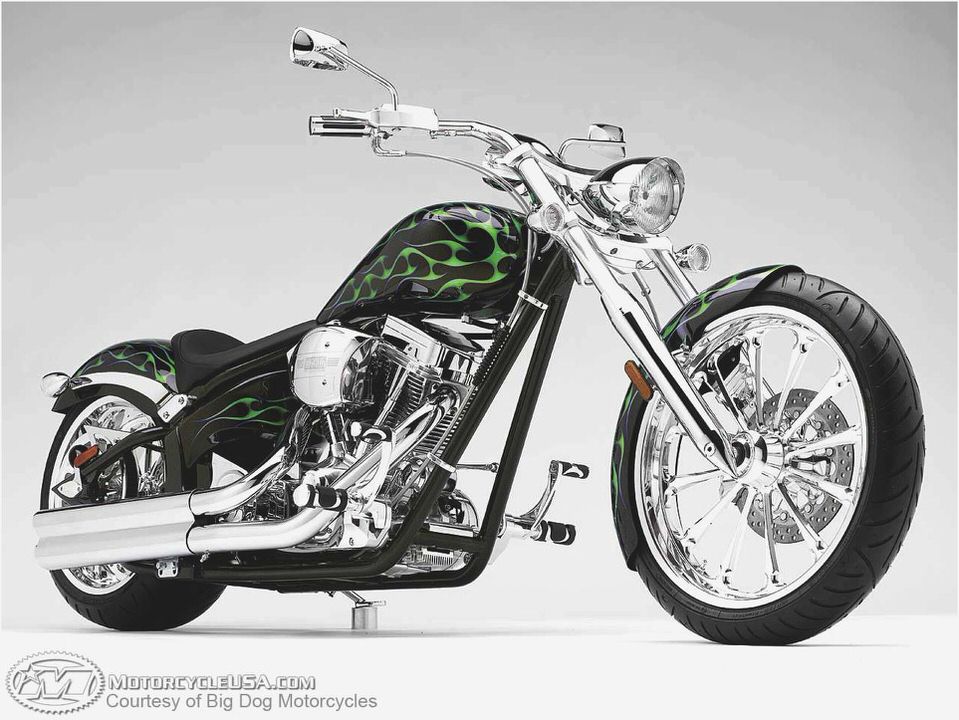
Mastiff
Sally Anne Thompson, Animal Photography
Breed Characteristics
Did You Know?
The Mastiff is the classic gentle giant, loving but sometimes stubborn. His size alone is enough to deter troublemakers. At heart, he is a peaceful dog, but he is always protective of his family and will step in if danger threatens.
With his imposing size, sleek coat, and distinctive black-masked face, the Mastiff — sometimes called the English Mastiff or Old English Mastiff — is probably not the dog you think he is. Certainly he’s the largest of the dog breeds, not the tallest but the heaviest, routinely weighing in at more than 200 pounds.
Mastiffs are known as gentle giants, big dogs whose main weapons are their size, reputation, and instinctive understanding of what is and isn’t a threat. A well-bred, well-socialized Mastiff will protect his human family as part of his nature, without any special training beyond simply making him a well-behaved member of the family.
If you’re physically up to the challenge of an extremely powerful dog who probably outweighs you, who is gentle and loving but has a definite stubborn streak (and that’s not a euphemism for aggression; the Mastiff is typically more selectively deaf than defiant), and don’t mind a certain amount of slobber, then the Mastiff may be your ideal dog.
If you want to leave him tied up in the backyard to protect your home, or view him as a status symbol because of his size or image, then he’s definitely not the dog for you. A Mastiff’s protective nature won’t assert itself on behalf of an arbitrary property line nor in defense of a few bricks and boards; it’s his family he protects, and that means you need to make him part of yours. Leave him in the yard all the time, and all you’ll get are some spectacular holes in the lawn and a bored, lonely, sad, and destructive dog whose potential is being completely ignored.
When it comes to everyday considerations, the Mastiff is easy to live with. He’ll certainly alert you if someone comes to the door, but he’s mostly a quiet presence in the home. His short coat sheds, but brushing a couple of times a week will help keep it under control.
And while he does slobber, he’s not a world-class slobberer, and it can mostly be handled with a quick wipe after he’s eaten or had a drink of water. Still, if you’re totally against dog slobber, don’t get a Mastiff.
Obedience training needs to be consistent and fair, and must begin when your dog is a puppy, before bad habits have a chance to take hold. In particular you need to teach your Mastiff not to pull on the leash or jump on people, or he’ll be a hazard to anyone he’s around when he’s full-grown. Mastiffs are easy to housetrain if you show them where you want them to go and give them consistent opportunities to eliminate outdoors.
The key to developing proper Mastiff temperament as an adult is to socialize him around all kinds of people when he’s young. Far from making him less protective, it will make him more effective as a protector. He’ll know all the right body language that tells him someone is a friend.
He’ll be familiar with how children, the elderly, kids on bikes, and skateboarders look, move, and sound, and he’ll use that information to pick out those with bad intentions all the more readily.
Speaking of children, Mastiffs usually love them and treat them with instinctive care, but the reality of a dog this big is that he can unwittingly hurt or scare a child. Be cautious and always supervise dogs and kids when they’re together. If you have toddlers, consider waiting until they’re older to bring a Mastiff into your family.
More Quick FactsMastiffs are an old breed, once used as war dogs and to guard estates. These days, they are lovers, not fighters, but they will always protect their family.
Mastiffs are flatulent and can clear a room fast when they pass gas.
Breeders often like to keep Mastiff puppies until they are at least 12 weeks old to ensure that they are mature enough to go to their new homes.
Mastiffs can adapt well to apartment or condo living, but if you have stairs, think about how you would get the dog in and out if he were old or incapacitated and couldn’t manage them on his own.
Don’t overfeed your Mastiff puppy. He will still attain his genetically programmed size if you keep him at a healthy, lean weight during puppyhood.
- Big Dog Motorcycles Introduces 2010 Chopper – Motorcycle USA
- Temecula Police K9 Teams
- Riding Impression: 2009 Big Dog Pitbull: You can spend way more money…
- Bearclaw Kennels: Presa Canarios Dog and Puppies Breeder
- Big Dog Motorcycles 2009 Wolf Thunder Press

